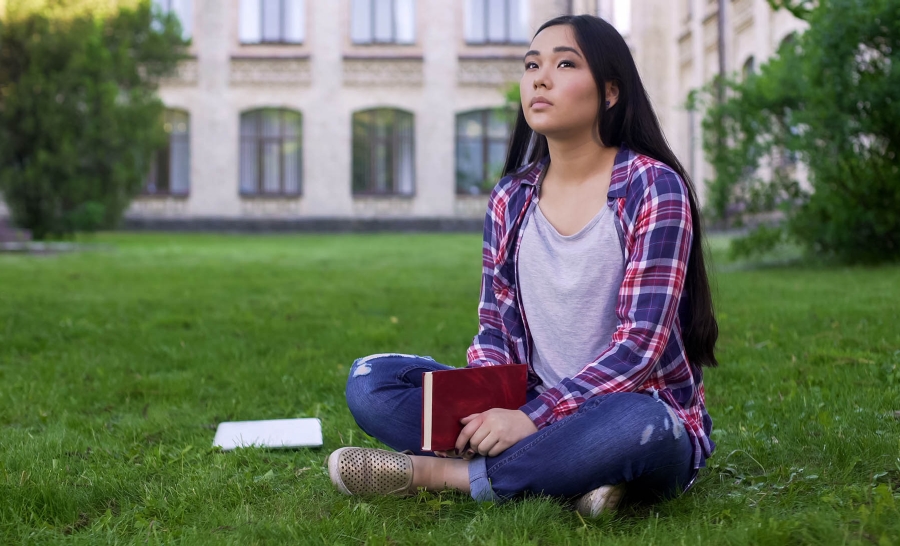Three Ideas for Post-Coronavirus Educational Recovery
There are many ways that schools can proactively address the inevitable and inequitable gaps caused by coronavirus-related school closures.
Governale et al. / Psychological Trauma: Theory, Research, Practice, and Policy / May 1, 2023

As social distancing and mask requirements lift, young adults may experience continued impacts from the pandemic. For example, college students may be particularly vulnerable to negative impact of COVID-19 due to social isolation, disruption to education, and lost personal and economic opportunity. In order to investigate how psychological reactions (e.g., ambiguous loss, psychological growth) predict current COVID-19 impact, 224 students (M Age = 20.21, SD = 2.64) from a private liberal arts college completed a cross-sectional survey during February or March 2022. Several demographic findings emerged, including increased impact among older students (B = .25, p = .01) and caregiving students (B = 2.14, p < .001), while ambiguous loss (B = .24, p < .001) appeared to be the strongest predictor after controlling for demographic factors and COVID awareness. Finally, the relationship between posttraumatic psychological growth and COVID impact was moderated by first-generation student status, B = .15, p = .04. First-generation students reported elevated levels of COVID impact even when reporting high levels of growth, while posttraumatic growth buffered impact among non-first-generation students. Results support the need for targeted college-based resources and services for students who may need long-term social support and trauma-informed intervention following the COVID-19 pandemic.